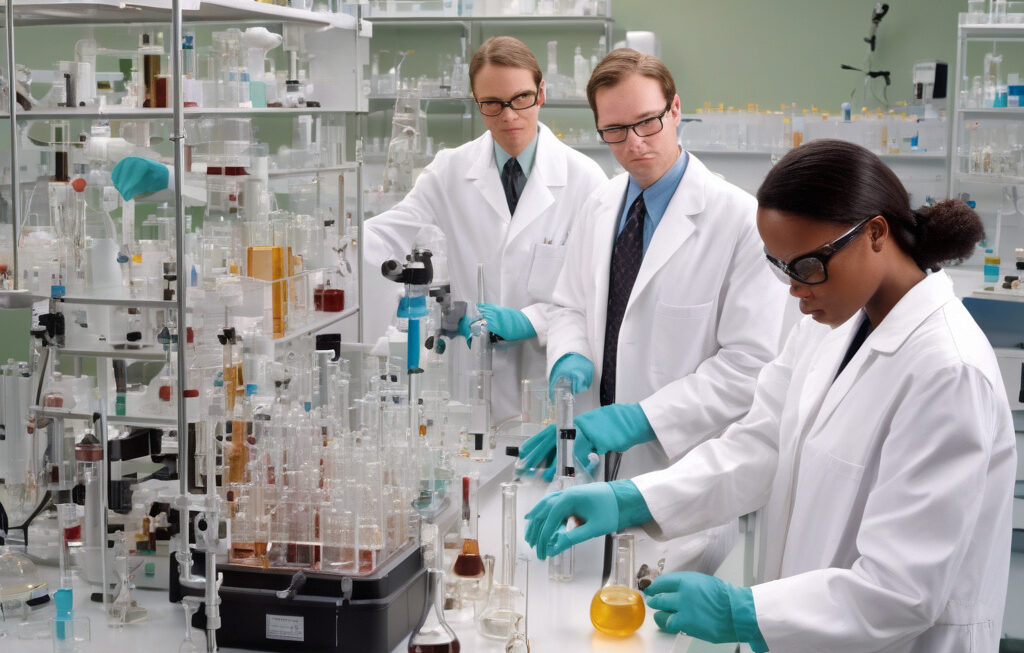How PFAS Chemicals Impact Human Liver Cells: USC Study Reveals the Damaging Effects
A recent study conducted by the University of Southern California (USC) sheds light on the detrimental impact of per- and polyfluoroalkyl substances (PFAS) on human liver cells. These findings uncover the alarming consequences of PFAS exposure, ranging from fat buildup and immune system interference to changes associated with cancer development.
PFAS chemicals, commonly referred to as ‘forever chemicals,’ have gained notoriety for their persistence in the environment. Once released into the ecosystem through everyday products such as nonstick cookware, food packaging, and waterproof textiles, PFAS compounds prove challenging to degrade, earning them their moniker.
The research conducted by USC demonstrates the insidious nature of PFAS compounds on human health, particularly concerning liver cells. One of the key observations made in the study is the propensity of PFAS to induce fat accumulation within liver cells, a condition known as hepatic steatosis. This buildup of fat can impair liver function over time, leading to more severe health complications.
Moreover, the study highlights how PFAS exposure can disrupt the normal functioning of the immune system, compromising the body’s ability to defend against diseases and infections. By interfering with immune responses at the cellular level, PFAS chemicals pose a significant threat to overall health and well-being.
Perhaps most concerning are the cancer-related changes identified in liver cells exposed to PFAS. The study reveals that prolonged exposure to these chemicals can trigger alterations in gene expression and cellular pathways associated with cancer development. This link between PFAS exposure and cancer underscores the urgent need for further research and regulatory measures to mitigate the risks posed by these harmful substances.
In light of these findings, it is crucial for policymakers, industry stakeholders, and the general public to address the pervasive presence of PFAS compounds in our daily lives. By advocating for stricter regulations on the use and disposal of PFAS-containing products, we can limit human exposure and reduce the potential harm to public health.
Furthermore, the USC study underscores the importance of ongoing research into the health effects of PFAS chemicals and the development of innovative solutions to address this pressing issue. Collaborative efforts between academia, industry, and government agencies are essential to drive progress in understanding and mitigating the impact of PFAS on human health.
As we navigate the complexities of addressing PFAS contamination and its consequences, raising awareness of the risks associated with these ‘forever chemicals’ is paramount. By staying informed and taking proactive steps to minimize exposure, we can protect our health and the environment for generations to come.
In conclusion, the USC study illuminates the damaging effects of PFAS on human liver cells, emphasizing the need for concerted action to address this growing public health concern. By prioritizing research, regulation, and public awareness, we can work towards a future free from the harmful impact of PFAS chemicals.
#PFAS, #LiverCells, #HealthImpacts, #USCStudy, #ForeverChemicals











